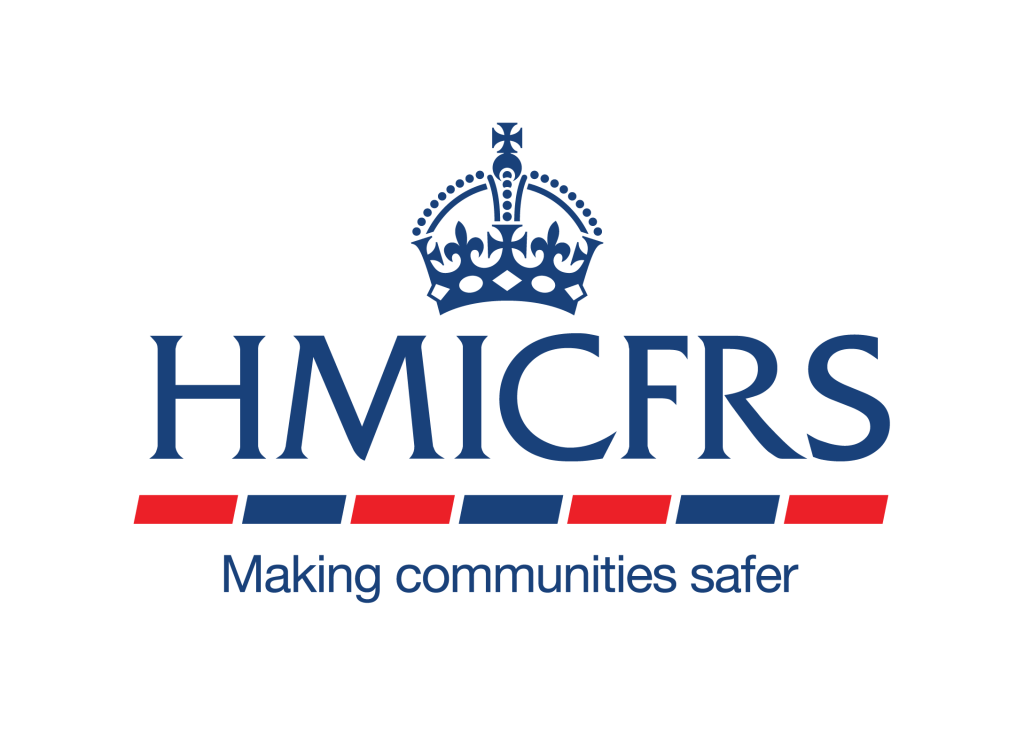Anybody got links or info on the bad things people with Asperger’s can do. I have done some awful things in my life. Some individual actions and some repeated behaviours. I don’t want to look for excuses but I do want to know how much of an influence Asperger’s had on some of the terrible things I did. I do just know if I was young or stupid, Asperger’s influenced mistakes, or if I’m an awful person. But whichever one I need to know.
I remember a quote from a guy charged with a criminal offence. He did something and said he didn’t mean anything by it. Said he had Asperger’s and at times things that seemed like a good idea really weren’t. Not sure if he was just avoiding his own culpability. Not sure if that’s what I am doing either.
Firstly. There are a few things you need to do:
1. Consider other people's situations more carefully, before assuming thier stated condition is wholly the cause. Because people can use thier condition as an excuse to get away with anything, when they may actually have a psychological reason, in their upbringing, for doing the acts they do. Point being, having aspergers, high functioning autism, full blown autism, or something in between has nothing to do with being a criminal.
2.
NO ONE is automatically bad for having ASD or any other condition. If anyone tells you otherwise, they are bullies and generally incorrect. Either out of ignorance and/or out of fear of your uniqueness. It is as
@VictorR said. Everyone has the capacity for doing good or evil things. No one is excluded from this fact.
3. Self-blame and loathing are a heck of a drug. We NDs are very prone to doing this to ourselves because of how exclusionary the world around us can feel. But no one,
YOU OR ANYONE, with ASD is lesser for having it.
Secondly. I feel you are in a similar boat to me. Wanting to blame yourself for things that are and aren't in your control. You can change the things that are in your control for the better:
Like your approach to certain situations, how you handle yourself in public, how you handle yourself around people, how you face your emotions, how you face your intrusive/negative thoughts, etc.
But you cannot change the things that are not in your control:
Like how people handle themselves, how they react your words and/or you in general, how socail structures function, how rules are enforced, etc.
The game of life is just that. It about charting the best course to avoid unnessissary obstacles, but also finding a way to breakdown and overcome the obstacles that halt our own progress in life. Not all obstacles are going to be easy to overcome, but they can be still overcome. And never set yourself short because of self-belief and the harmful words of others.

